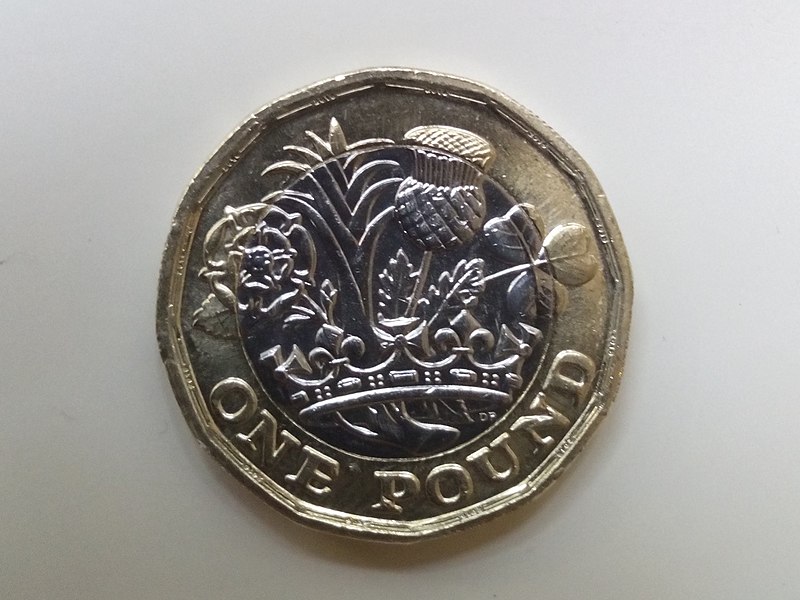
The British pound is on track for its biggest weekly rally against the US dollar in six months, as expectations of a slower US interest rate hike compared to the UK have
gained momentum. The currency market remained subdued ahead of the highly anticipated US employment report scheduled for release later in the day.
Warren Venketas, an analyst at IG, noted that the employment report could either extend the pound's rally or limit its upside potential, depending on the outcome.
Throughout the week, the pound has strengthened by 1.5% against the dollar, marking its largest weekly gain since early December. It has also appreciated by nearly 1.1% against the euro, which would be its most significant weekly increase in nearly four months.
The main driver behind the pound's recent strength has been the shift in investor capital away from the safe-haven dollar. This shift has been prompted by the passing of a bill in Washington that suspends the US government's borrowing limit. Additionally, signals from Federal Reserve officials suggesting a potential pause in monetary policy tightening during the June meeting have contributed to a reassessment of interest rate expectations.
Market participants now assign a 29% probability of a rate hike by the Federal Reserve this month, compared to a 70% chance a week ago.
Meanwhile, the UK's persistently high inflation has prompted traders to reassess the outlook for monetary policy in the country. Money markets now price in UK rates peaking at 5.32% by the end of the year, up from the current 4.50%. In contrast, one month ago, the expectation was for rates to reach around 4.80% by December.
As US Treasury yields have retreated due to the resolution of the US government's borrowing limit, UK yields have risen, providing support to the pound in theory. The premium of UK 10-year gilt yields over 10-year US Treasury yields has widened to its highest level since early 2009.
However, in practice, the pound has not gained as much as anticipated, given the 50-basis point premium that gilts hold over Treasuries. Jordan Rochester, a strategist at Nomura, explained that this is typical of an emerging market currency, which is often used to describe the pound due to its high volatility and sensitivity to domestic politics.
Rochester noted that sticky inflation in the UK, coupled with lower growth and decreased inflows, has dampened investor sentiment. Furthermore, waning global growth expectations and the weaker correlation between the pound and bond yields compared to the dollar and Treasury yields have contributed to the pound's performance. The UK currently faces stagflation, with the highest inflation and the slowest growth among the G7 countries.
Although the country has avoided a recession, recent data on business activity, employment, and lending highlight the challenges faced by consumers and households amidst the cost of living crisis. Photo by PPP, Wikimedia commons.




































